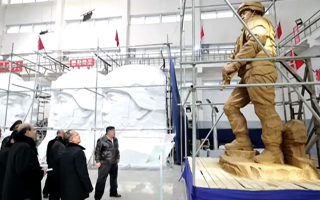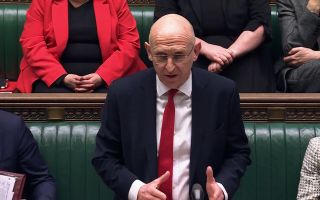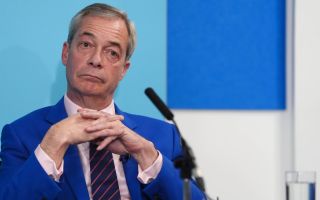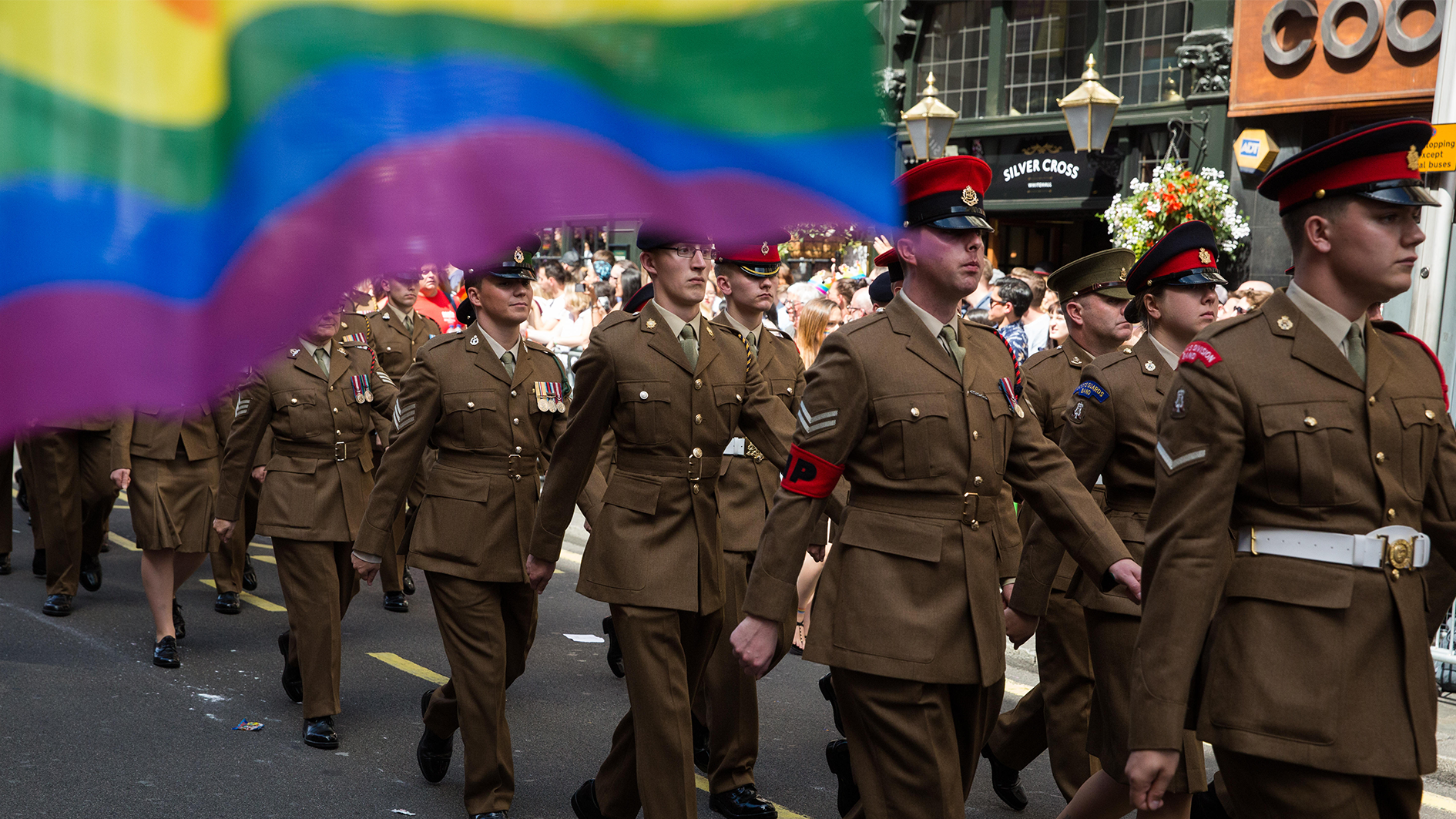
More veterans, now including women, can apply to be pardoned for historical crimes linked to sexuality

More people from the military community are to be pardoned for historical crimes linked to same-sex relationships after changes in the rules come into force.
From Tuesday, anyone convicted or cautioned for abolished offences linked to same-sex activity can apply for their records to be wiped.
More veterans, including women since last year, will be able to apply for convictions brought under service law to be erased.
As part of the scheme that aims to right historic wrongs, those who were unjustly criminalised will be pardoned and their convictions deleted from official records.
When the initiative was initially launched in 2012, it allowed men to apply to have their convictions or cautions for consensual sex with another man disregarded.
Last year, changes to the scheme were announced and women were allowed to apply, and the range of civilian and service offences was widened.
Fighting With Pride's executive chair Craig Jones and chief executive Caroline Paige said in a joint statement: "This extension to the disregards and pardons scheme and its inclusion of female veterans is welcome and another small step in the right direction.
"We will continue to work very closely with the Ministry of Defence and other Government departments to ensure the vulnerable veterans in this cohort get all the support available to them."
Until 2000, homosexuality was criminalised in the military with gay, lesbian, and bisexual people banned from serving in the British Army, Royal Navy and RAF.
Many serving LGBTQ+ personnel had to hide their true identity for fear of prosecution and being thrown out of the Armed Forces.
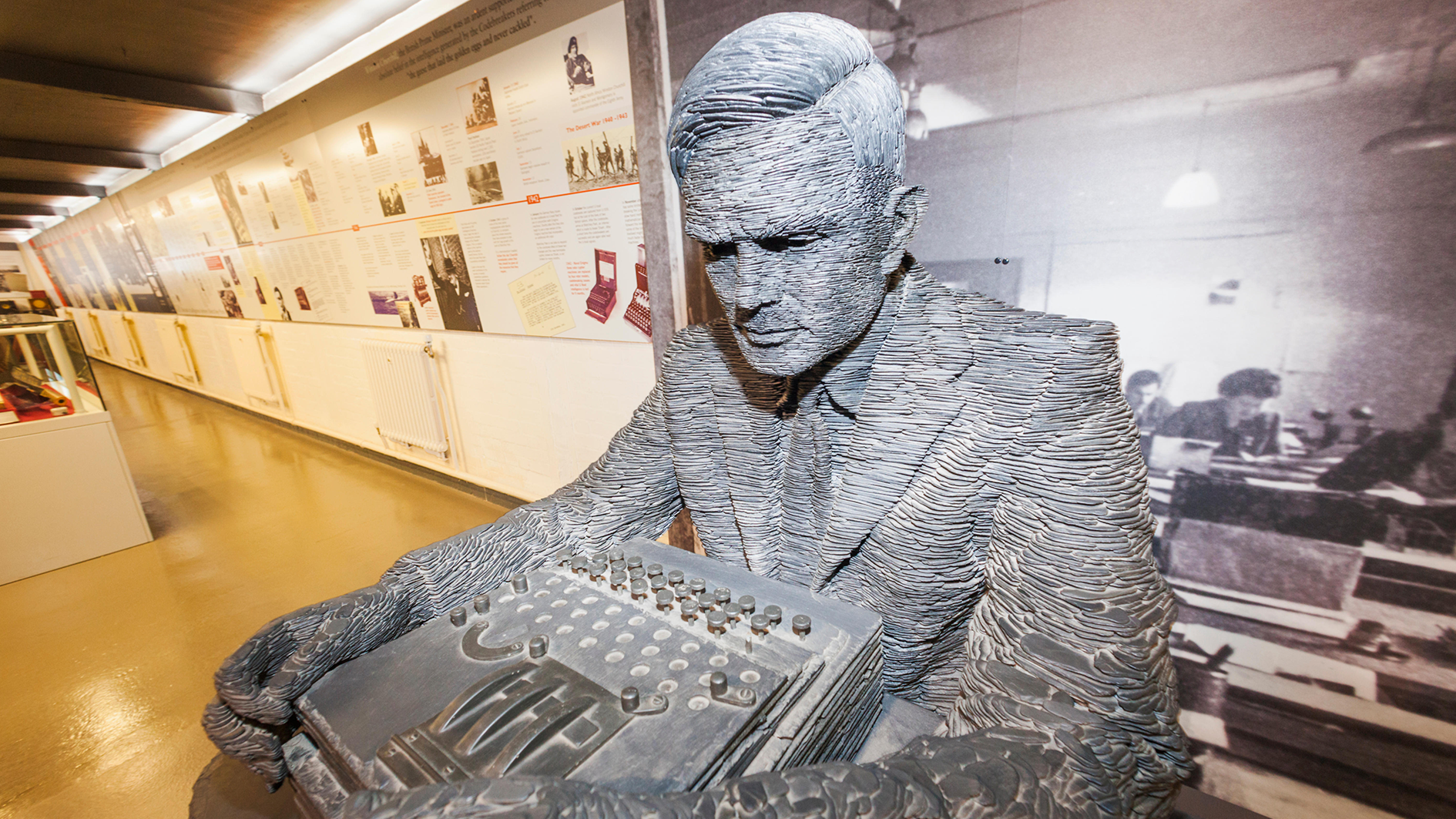
In a statement, the Ministry of Defence said: "We are committed to supporting our LGBT+ personnel and fully accept that their treatment prior to 2000 was wrong and regrettable.
"Today the Government's disregard and pardons scheme has been widened, ensuring those who were unjustly criminalised can have their convictions wiped."
The scheme currently undergoing expansion is the Government's Disregards and Pardons Scheme, notable for granting pardons to prominent figures like Alan Turing, a pioneering computer scientist, whose genius helped crack the enigma code, paving the way to victory in the Second World War.
Anyone who wishes to apply to the scheme can do so by filling in a form on gov.uk.





